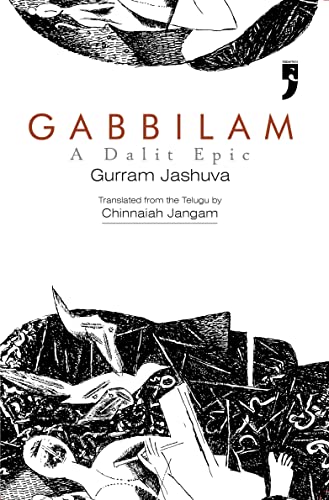

In Gabbilam, Jashuva challenges the dominant Sanskrit and Telugu literary sphere by choosing the bat, known as Gabbilam in Telugu and believed to be a bad omen, as it is considered neither a bird nor an animal, to reflect the existential status of untouchables.
The book is translated by Chinnaiah Jangam and published by Yoda Press.
Gabbilam as Dalit Epic Historically Jashuva was not the first Dalit writer in Telugu. Before him, Kusuma Dharma, Jala Rangaswamy, Nakka Chinavenkayya, Bhoi Bhemanna, and many others wrote books, novels, songs, and essays highlighting the suffering of untouchables, exposing the hypocritical behavior of caste Hindus while demanding the right to equality and exploitation free society. Their writings awakened Dalits, circulated among reformist circles and were read by sympathetic caste Hindus. However, the impact of their writings was marginal on mainstream society as they were made invisible in the course of history. Jashuva wrote nearly fifty books, and they consisted of padya kavyas, plays, novels, kanda kavyas and historical biographies. All those writings are thematically rooted in a historical context like the classical literary genre but with a conscious aim to highlight injustice and inequality. Classical literature is centered on imaginary romance or the retelling of Brahminical puranic and…
Related Posts


Donald Trump’s Master Economic Plan I Opinion by Yanis Varoufakis




